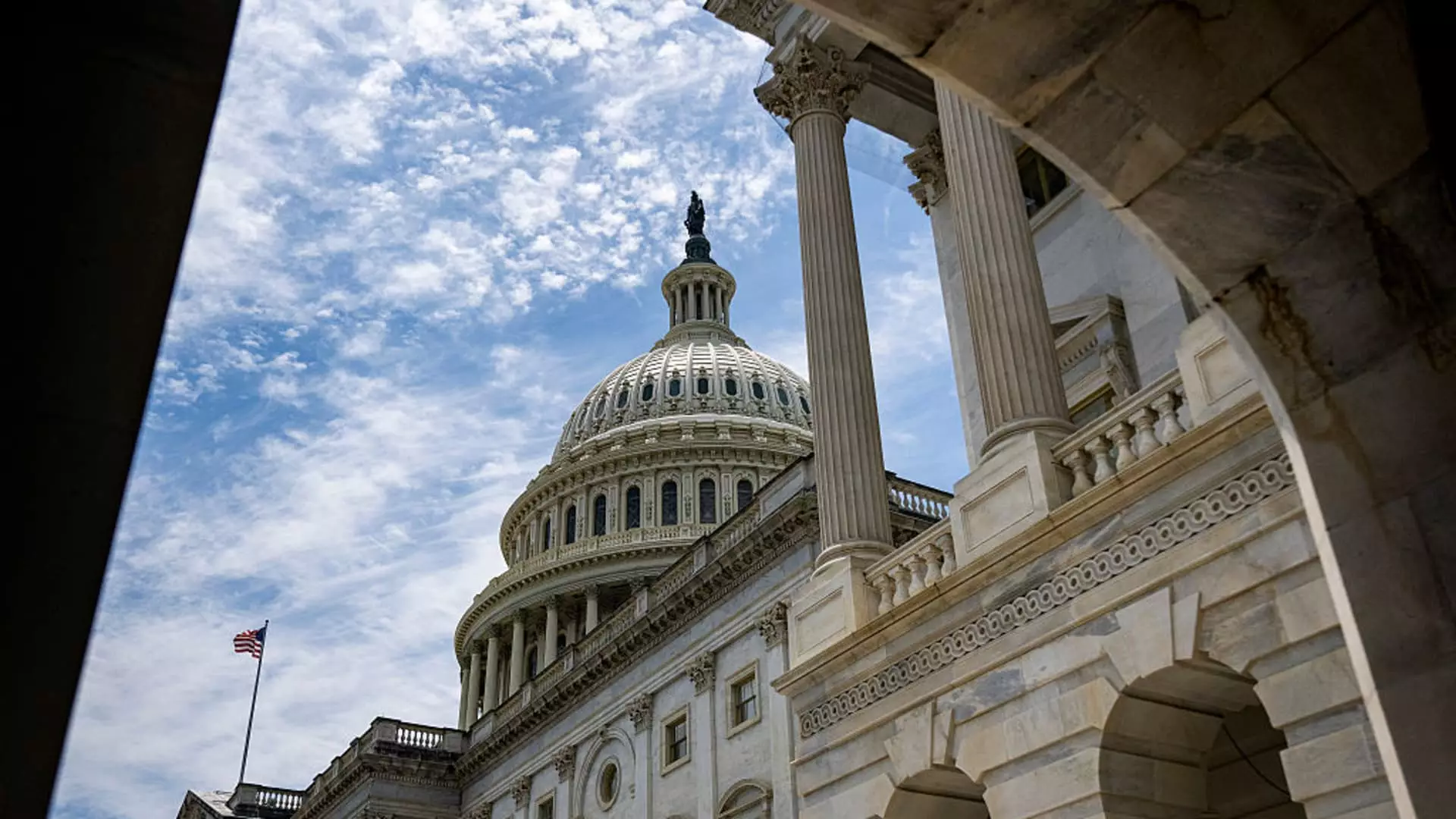The current sweeping tax legislation, often portrayed as a boon for American taxpayers, in reality reveals a troubling favoritism towards the wealthy elite. While the rhetoric emphasizes broad economic growth, the underlying reality is that the most advantageous provisions disproportionately benefit those at the top of the income pyramid. This narrative—claimed to promote fairness and economic dynamism—stands in stark contrast to the stark realities playing out behind closed doors: tax breaks that deepen inequality and cement the privileges of the wealthy. It is critical to scrutinize these policies with a critical eye, to understand not just their letter but their true impact on American society.
The core of this legislation is a continuation and, in some cases, a permanent extension of the 2017 tax cuts. These cuts have historically favored high earners, with those making over a million dollars seeing an average boost of approximately 3% in after-tax income by 2026. This additional $75,000 in annual after-tax income per millionaire reinforces a disturbing trend—tax policies tailored to sustain and grow the wealth of the already privileged. Such a skewed approach blatantly ignores the mounting economic disparities that threaten social stability and long-term prosperity for the majority.
Furthermore, the bill introduces new incentives designed explicitly to inflate the fortunes of investors and small business owners at the expense of broader public interests. The expansion of the qualified small business stock (QSBS) program is emblematic of this bias. By raising the asset threshold from $50 million to $75 million and increasing capital gains exclusions from $10 million to $15 million, the legislation essentially rewards the wealthiest entrepreneurs and investors. These changes allow for monumental tax savings on gains of hundreds of millions of dollars—effectively a loophole designed to perpetuate and amplify the wealth of the ultra-rich. Such provisions serve as a stark reminder that existing inequalities are not just preserved but actively reinforced under the guise of incentivizing small business growth and job creation.
The Illusion of Fairness in State and Local Tax Policies
The bill’s approach to state and local tax (SALT) deductions exemplifies how policy manipulates perceptions of fairness to benefit the affluent. While the cap on SALT deductions is increased from $10,000 to $40,000, this change predominantly favors high-income households in states with high property taxes—namely Blue states like California and New York. Initially, the Senate opposed such an expansion, recognizing its potential to favor wealthier taxpayers. Yet, political pressure and strategic compromises led to a version that effectively transfers tax burdens onto middle- and lower-income residents in some states, while safeguarding the interests of the wealthiest.
More troubling is the preservation of the pass-through loophole, which allows owners of pass-through entities—such as law firms and medical practices—to circumvent the SALT cap entirely. This loophole functions as a covert channel for the wealthy to continue enjoying unlimited deductions, further widening the inequality gap. Such policies reveal a reckless disregard for fairness, favoring the affluent with legalistic loopholes that the average taxpayer cannot utilize. The consolidation of these tax benefits underlines a fundamental divergence: policies are engineered not for societal equity but to entrench the financial dominance of the most privileged.
How the Rich Use Tax Policies as a Weapon of Wealth Preservation
The bill’s treatment of estate taxes underscores the central concern: the ultra-rich are crafting a tax environment that protects and enlarges their estates, ensuring intergenerational wealth transfer with minimal taxation. The permanent estate tax exemption—set at an eye-popping $15 million per individual—effectively renders the estate tax irrelevant for most, allowing family fortunes to grow—and often double—untaxed for generations. While framed as measures to boost philanthropic giving and economic opportunity, these provisions serve primarily as armor protecting the estates of the wealthy from the fiscal retributions that ordinary Americans face.
Moreover, the cap on itemized deductions exacerbates inequality by penalizing high-income taxpayers who frequently utilize charitable deductions, mortgage interests, and state taxes. Reducing the value of these deductions for the wealthy not only diminishes their ability to offset taxable income but also discourages large-scale philanthropic efforts, which often rely on significant tax incentives. In essence, this legislation signals a clear message: the tax system is being designed to favor those who already have the most, further widening political and economic inequalities that threaten the very fabric of democratic fairness.
Charitable Giving and the Erosion of Social Responsibility
One area where the bill appears superficially generous—encouraging small-dollar charitable contributions—is, upon closer examination, another reflection of systemic bias. For middle- and lower-income Americans, allowing a charitable deduction even when taking the standard deduction is a modest step that might promote some community engagement. Yet, for the wealthy—who typically contribute the lion’s share of philanthropic dollars—this policy change does little to address the inequalities embedded in the tax code.
In fact, the cap on charitable deductions for high-income taxpayers, combined with the requirement that only contributions above 0.5% of adjusted gross income be deductible, drastically reduces the tax incentives for the wealthy to give generously. This pragmatic shift reveals a disturbing reality: the legislation undermines the social contract that charities rely on for large-scale funding, effectively discouraging the very donors who could make a meaningful difference. It’s a calculated move that prioritizes maintaining wealth at the top, while offering superficial gains reserved for the middle class.
The overarching critique is that this legislation consolidates the power and wealth of the already privileged, while offering scant benefits—or worse—to the broader populace. The rhetoric of economic growth and fairness serves as a façade for policies that perpetuate existing disparities. True progress requires a fundamental overhaul of tax policies—one that treats every American with dignity and justice, rather than rewarding those who already hold disproportionate economic power.

